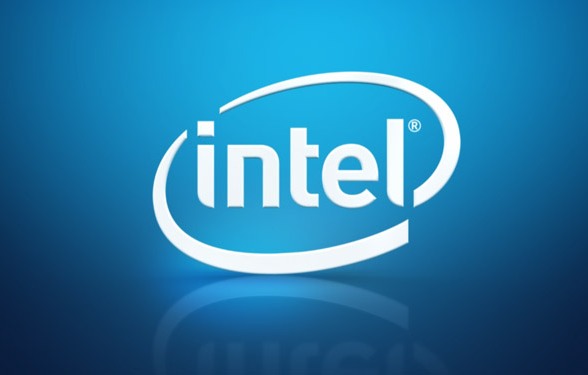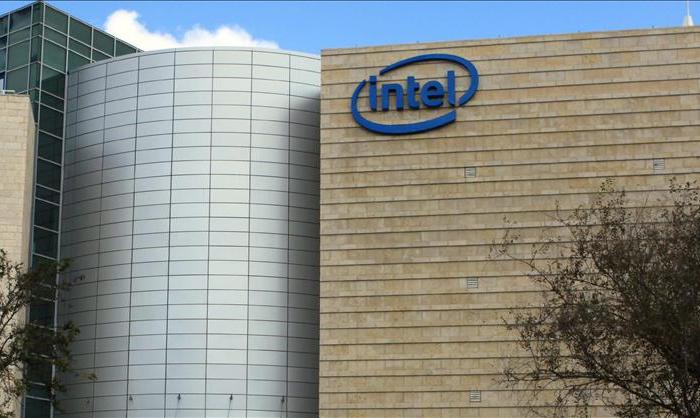Costa Rica Business News – Through the overhead cutting move that Intel recently made by exiting Costa Rica, it it’s wake leaves IT professionals without employment and slices away more than one-fifth of the country’s exports. The aftermath and consequences of this move are just now being felt as Semana Santa begins in Costa Rica.
 Karla Blanco started working for Intel in 1997, when the microchip giant opened its factory in the Costa Rican rainforest. She was hired as a customs and trade expert and quickly climbed the professional ladder. After 17 years with the company, Ms Blanco is one of thousands of Costa Ricans whose lives have been changed by the microchip industry. She now speaks fluent English and Portuguese, holds a master’s degree in international business and serves as Intel’s corporate affairs director for Central America and the Caribbean.
Karla Blanco started working for Intel in 1997, when the microchip giant opened its factory in the Costa Rican rainforest. She was hired as a customs and trade expert and quickly climbed the professional ladder. After 17 years with the company, Ms Blanco is one of thousands of Costa Ricans whose lives have been changed by the microchip industry. She now speaks fluent English and Portuguese, holds a master’s degree in international business and serves as Intel’s corporate affairs director for Central America and the Caribbean.
The future looked bright, both for Ms Blanco and for Costa Rica. But on April 8th Intel announced plans to close its Costa Rican factory and move its operations to Malaysia, Vietnam and China. By the end of the year 1,500 jobs will have been lost. Ms Blanco has been dealing with a torrent of bewildered workers and media inquiries. “It’s been really painful,” she says.
The pain will be felt across the economy. Intel’s operations in Costa Rica are worth around $2 billion a year, making up about 20% of the country’s exports. The firm accounted for 11% of net foreign direct investment in 2000-12. Intel says it will hire another 200 staff to work in its engineering and global-services units in the country, which currently employ around 1,200 people. Nonetheless Henry Mora, a congressman and economic adviser to the incoming government, estimates that the closure of the microchip factory will cause a drop in Costa Rica’s GDP of 0.3-0.4% over the next year.
Intel’s arrival helped Costa Rica to develop a lively high-tech cluster which includes companies such as Infosys and Hewlett Packard (which last year announced that it was moving some of its Costa Rican jobs to India). The worry is that just as Intel’s arrival triggered an influx of smaller firms, its departure could cause them to leave. Nor is technology the only industry feeling the squeeze. Hours after Intel announced its departure, Bank of America said it would close its Costa Rican operations as part of a global restructuring programme, laying off 1,400 workers.
It is a grim start for the new government of Luis Guillermo Solís, who will be sworn in as president on May 8th. Mr Solís has promised an international campaign to promote Costa Rica as an investment destination, highlighting its political stability and experience at combining foreign investment with local development that has a low environmental impact. PR campaigns aside, he might address the expensive electricity and ropy infrastructure that many investors complain about.
Asked if she will be able to continue working for Intel, Ms Blanco says that some senior executives have told her she will. “I hope so. But I still don’t know what will I do, or how,” she says. The thousands left jobless will expect the new president to come up with some answers, and fast.
From the Economist Print Edition, http://www.economist.com/, First Paragraph added by Dan Stevens

